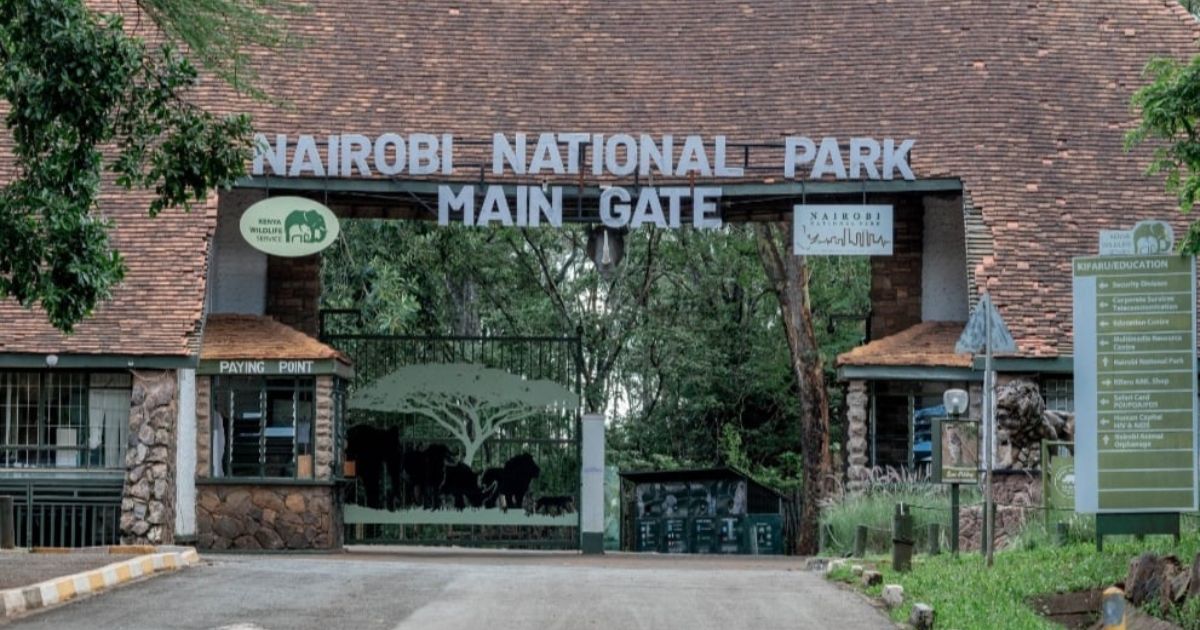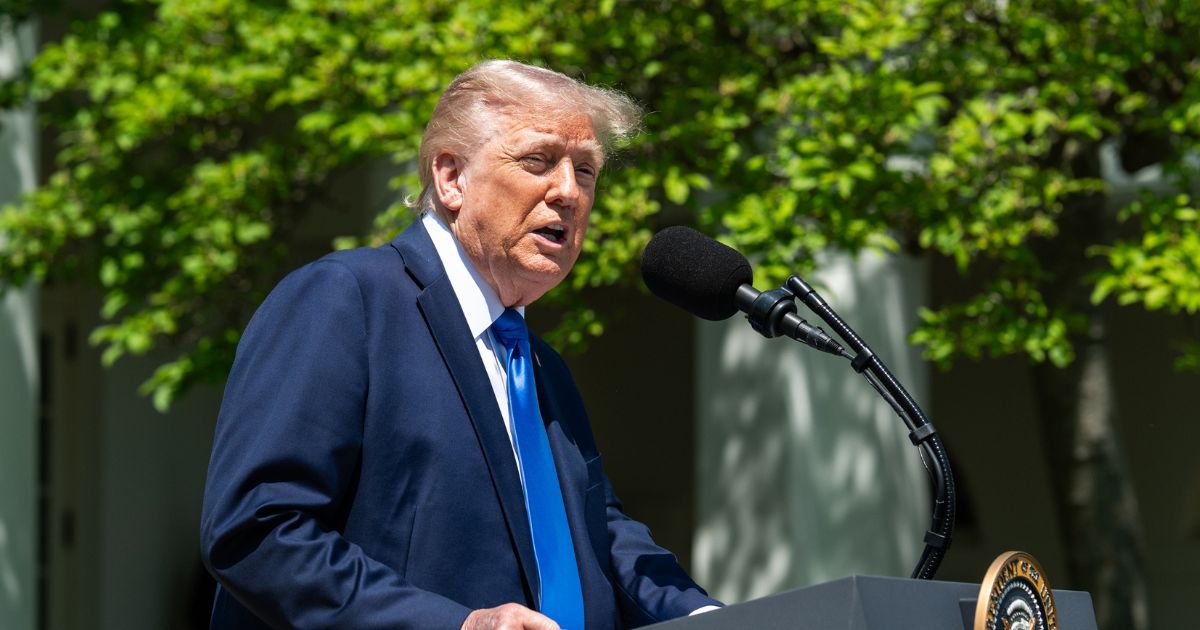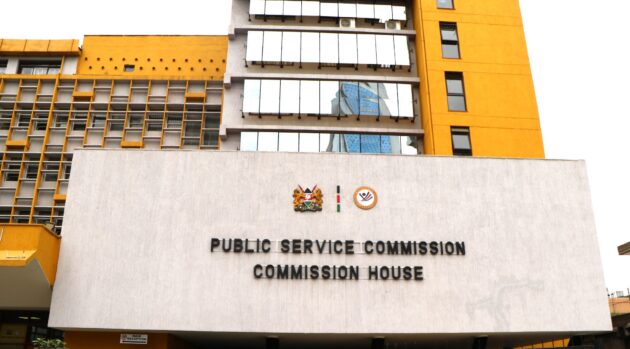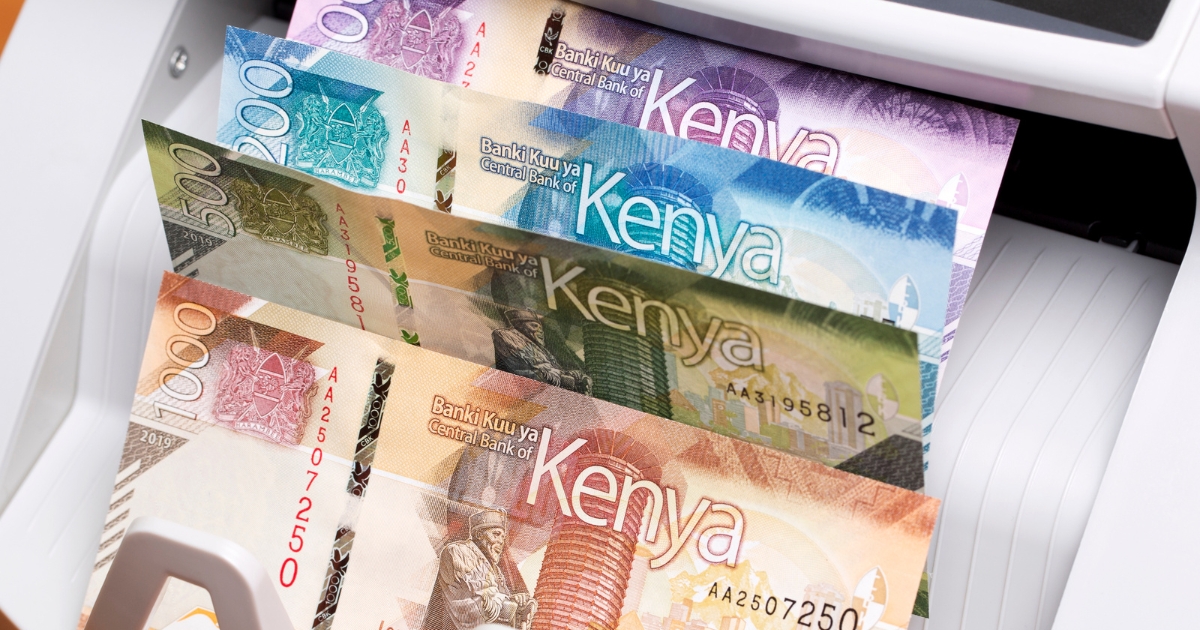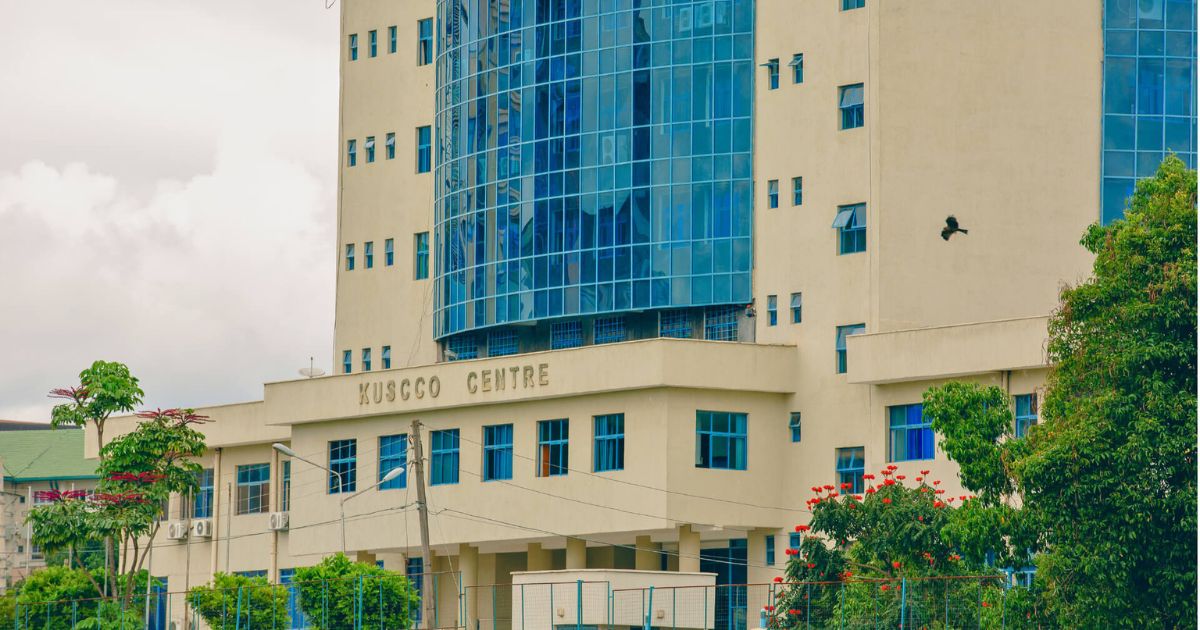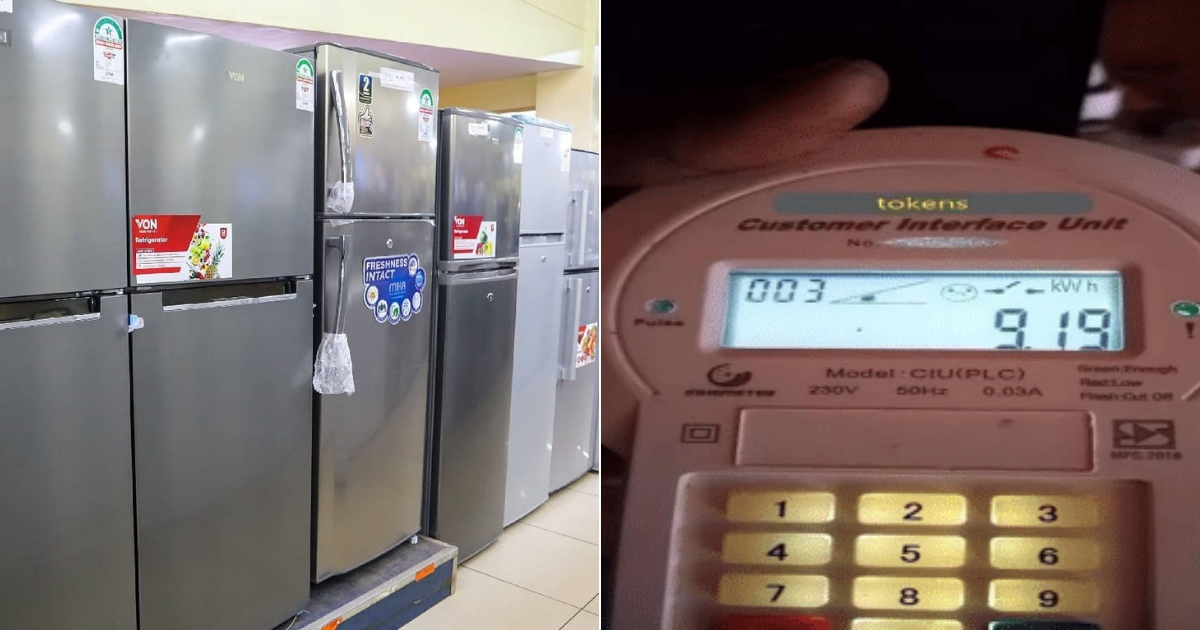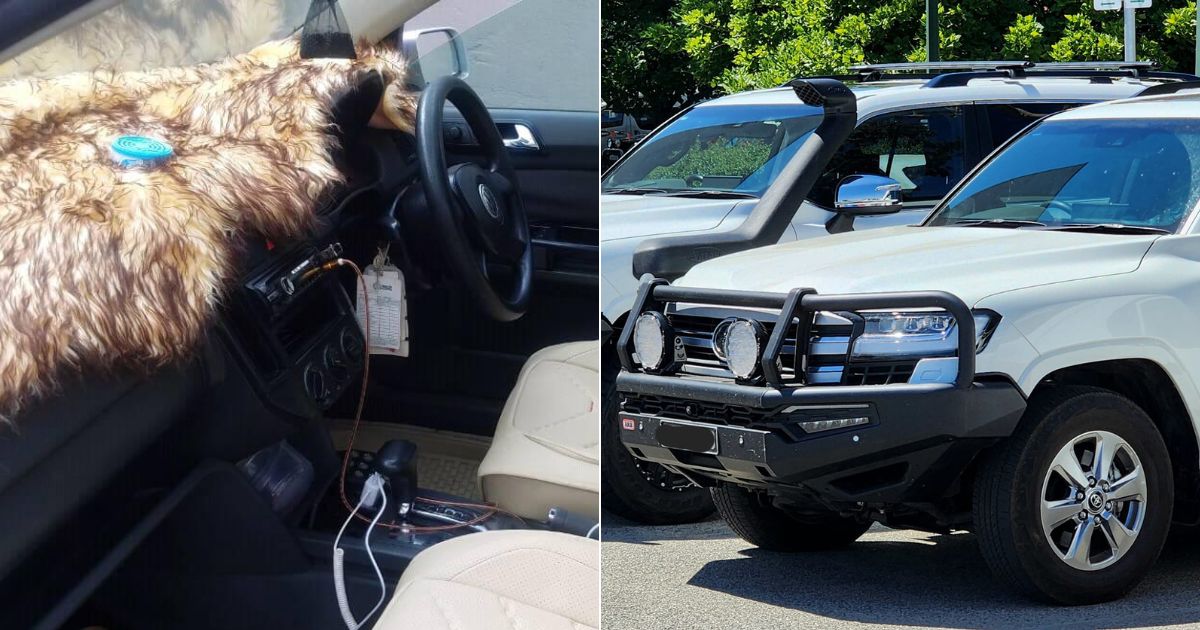- Money254 Money Weekly
- Posts
- 65,000 Kenyans Facing Layoffs, CBK to Slash Mobile Money Charges
65,000 Kenyans Facing Layoffs, CBK to Slash Mobile Money Charges
65,000 Kenyans are at risk of losing their jobs after the African Growth and Opportunity Act (AGOA) ends. CBK proposes to cap fees charged by mobile money providers. KWS increases entry fees for all its national parks and reserves. All this and more in today’s Money Weekly newsletter. But first, a closer look at the expected effects of the lapsed AGOA deal.

Hello and welcome to the Money Weekly Newsletter, where we cover looming job losses in Kenya should the US fail to renew the African Growth and Opportunity Act (AGOA) deal.
But first, a word from our sponsoring partner, M-KOPA.
Sponsored Content
Have you ever owned a phone that not only keeps you connected but also unlocks access to loans and gives you free insurance?
With M-KOPA’s range of phones, you get exactly that and more. Free health insurance from Turaco? Check. Device protection against theft or damage? Check. Access to loans just three months after purchase? Check. Plus, the S34, equipped with a strong 13MP camera, lets you capture high-quality photos to elevate your business. Get Yours Today!
65,000 Kenyans Facing Layoffs as AGOA Deal Ends
65,000 Kenyans could soon lose their jobs if the US fails to renew the African Growth and Opportunity Act (AGOA), which allows exporters to access the US market duty-free.
Companies located in Export Processing Zones (EPZs) have noted that the expiry of the deal is set to affect their businesses, hence the need to reduce their workforce.
Already, in the week leading to the expiry of the deal (which lapsed on September 30, 2025), some companies began laying off their staff amid uncertainties about its renewal.
For instance, United Aryan, a factory exporting Levi’s and Wrangler jeans to the US, laid off 1,000 workers in anticipation of the higher duties.
Since the beginning of the implementation in 2000, AGOA boosted Kenya’s export earnings to Ksh60.5 billion in 2024, a 41.9% increase since 2020, and supported over 66,800 jobs in 2024.
Meanwhile, President Donald Trump's administration has given an indication of its plans to extend the deal for another year. However, the White House has yet to issue a formal statement on the planned extension.
On its part, Kenya is pushing for an extension of the duty-free programme, with President William Ruto also lobbying for a longer programme during his recent meeting with US Secretary of State Marco Rubio in Washington.
"This will go a long way in strengthening our apparel industry, which remains vital to our economy and the livelihoods of thousands of families. In 2024, for example, Kenya led Sub-Saharan Africa in apparel exports to the United States, earning $600 million and creating 70,000 direct jobs for Kenyans," Ruto stated after meeting apparel manufacturers at State House on Thursday, October 3.
"In the meantime, I assured the apparel industry that operations in the industry will continue without disruption as talks with the US government proceed with the urgency they deserve."
Without a renewal, Kenyan exports now face the general US tariff rate, which for non-AGOA goods can be around 10% or higher, severely undermining the competitiveness of the crucial textile sector against Asian rivals.
Here is a quick recap of the top money news for the week:
CBK to Slash Mobile Money Charges
The Central Bank of Kenya (CBK) is seeking to cap fees charged by mobile money providers in an effort to make the services more affordable to Kenyans. In its proposal published in the Kenya National Financial Inclusion Strategy 2025-2028, CBK is aiming to lower the baseline fee from Ksh23 to a mean of Ksh10.
The regulator noted that there was a plateauing growth in mobile money access and usage, given that most users still rely primarily on basic services like person-to-person transfers, with limited uptake of advanced offerings such as digital credit, insurance.
Catch Up on More News
WEEKLY MONEY TIPS
MONEY254 #MONEYTOK
How Mandazi Sizes Can Tell You More About the State of the Economy
Have you noticed that your favorite mandazi looks thinner than it used to, yet it still costs Ksh10? You’re not imagining it. That’s shrinkflation, which refers to when businesses reduce the size of what you buy but keep the price the same. So, two mandazis that filled you last month now leave you hungry, forcing you to buy an extra one. That means spending Ksh70 more a week, Ksh280 more a month, all without prices “going up.”
From chapati to biscuits, shrinkflation is quite evident in these commodities. Most people don’t even notice until the math hits them. And the scary part? What you’ve seen so far is only the surface. There’s more about shrinkflation you’ll want to know. Watch the full video to find out.
@money254hq 𝐇𝐨𝐰 𝐌𝐚𝐧𝐝𝐚𝐳𝐢 𝐒𝐢𝐳𝐞𝐬 𝐂𝐚𝐧 𝐓𝐞𝐥𝐥 𝐘𝐨𝐮 𝐌𝐨𝐫𝐞 𝐀𝐛𝐨𝐮𝐭 𝐭𝐡𝐞 𝐒𝐭𝐚𝐭𝐞 𝐨𝐟 𝐭𝐡𝐞 𝐄𝐜𝐨𝐧𝐨𝐦𝐲 Have you noticed that your favorite mandazi looks thinner than it used ... See more
That’s a wrap for this week’s Money Weekly!
Remember that we can help you compare over 300 loans, savings accounts, current accounts, and more on our website if you’re thinking about your next product.
❤️ Share with a friend
Thanks for reading. If you liked this week’s Wallet Wellness email, we’d love for you to share it with a friend.
If this email was forwarded to you, you can subscribe here.

